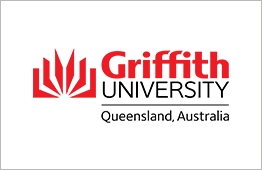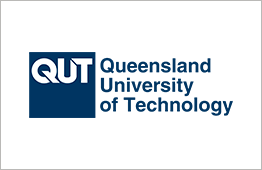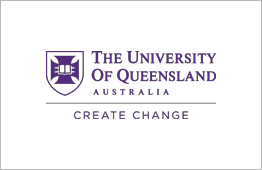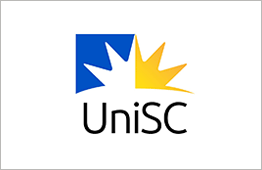Global Survey Reveals Wide Variation in Pediatric CVAD Management
)
Central venous access devices (CVADs) are essential for children undergoing cancer treatment, yet their care and maintenance practices differ widely around the world. A recent international cross-sectional survey of clinicians from 42 countries examined current CVAD management practices in pediatric oncology and compared approaches between high-income and middle-income countries.
Study Overview
Conducted from May 2022 to December 2023, the survey gathered responses from 220 clinicians, with 161 reporting in-depth on CVAD management. The study explored routine practices including dressing types, securement methods, site assessment frequency, and flushing/locking protocols for various CVAD types (PICCs, tunneled lines, ports).
Key Findings
- Polyurethane dressings were most commonly used, though chlorhexidine-impregnated and sterile gauze were also reported, especially in middle-income settings.
- Sutureless securement was preferred for PICCs in high-income countries; sutures remained common for tunneled and implanted lines.
- Assessment frequency varied: hourly in high-income vs. per shift in middle-income countries.
- Normal saline and heparin were widely used for flushing and locking; advanced solutions like taurolidine-citrate were rarely used.
- Locking practices post-discharge lacked consistency, with over one-third of respondents unsure of protocols.
Conclusion
This survey reveals significant global variation in pediatric CVAD care. Resource availability, local practices, and limited evidence for pediatric populations contribute to these disparities. The authors emphasize the urgent need for evidence-based, resource-sensitive guidelines and greater research investment—especially in underrepresented regions.
Read more: https://link.springer.com/article/10.1007/s00520-025-09240-z
Authors: Areum Hyun, Mari D. Takashima, Sabrina de Souza, Victoria Gibson, Thiago Lopes Silva, Patricia Kuerten Rocha, Siriporn Vetcho, Amanda J. Ullman








